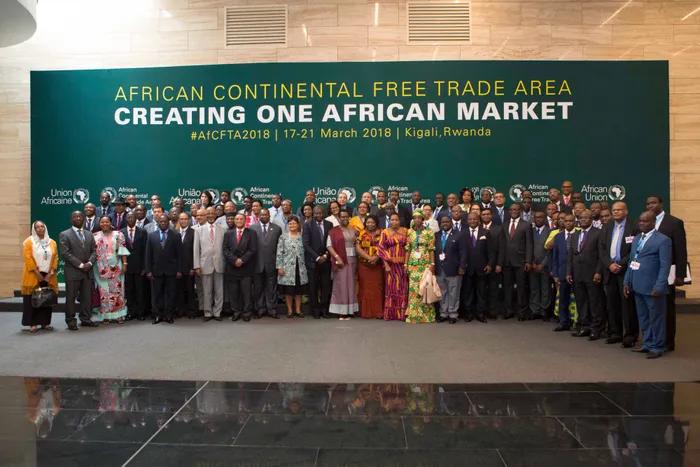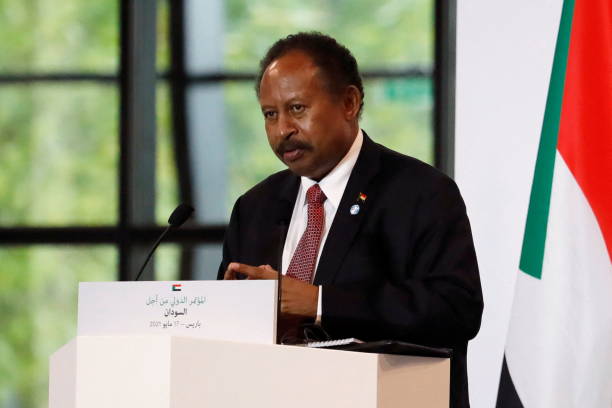Uganda’s drive to industrialize and create quality jobs is likely to gain momentum under the African Continental Free Trade Area (AfCFTA), a new report by the Economic Policy Research Centre (EPRC) has revealed.
According to the EPRC’s report titled AfCFTA Potential Benefits for Uganda”, the trade pact will not only enhance trade flows but also unlock significant foreign direct investment (FDI), especially in capital-intensive and high-growth sectors.
“FDI inflows driven by AfCFTA will build local capacity, generate employment, and raise the competitiveness of Ugandan firms,” the report states.
It adds that transparent and enforceable trade rules under the agreement will also reduce uncertainty, making Uganda a more attractive destination for investors.
Key sectors expected to benefit include textiles and apparel, processed foods, rubber and plastic products, as well as chemicals. The agreement is also projected to increase the export potential of transport services, petroleum and coal products, and wood and paper manufacturing.
“AfCFTA will promote industrial development through diversification and regional value chain development,” the report emphasizes, noting that the long-term impact could include structural transformation and inclusive economic growth.
Furthermore, capital-intensive industries such as construction, energy-intensive manufacturing, and communication services are projected to absorb substantial investment.
“The increase in FDI will lead to a significant expansion in output across energy, construction, and insurance services,” the report says.
With Uganda’s continued commitment to regional integration, analysts believe that AfCFTA could serve as a turning point in the country’s efforts to become a regional hub for trade, investment, and industrial innovation.

















